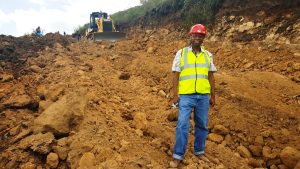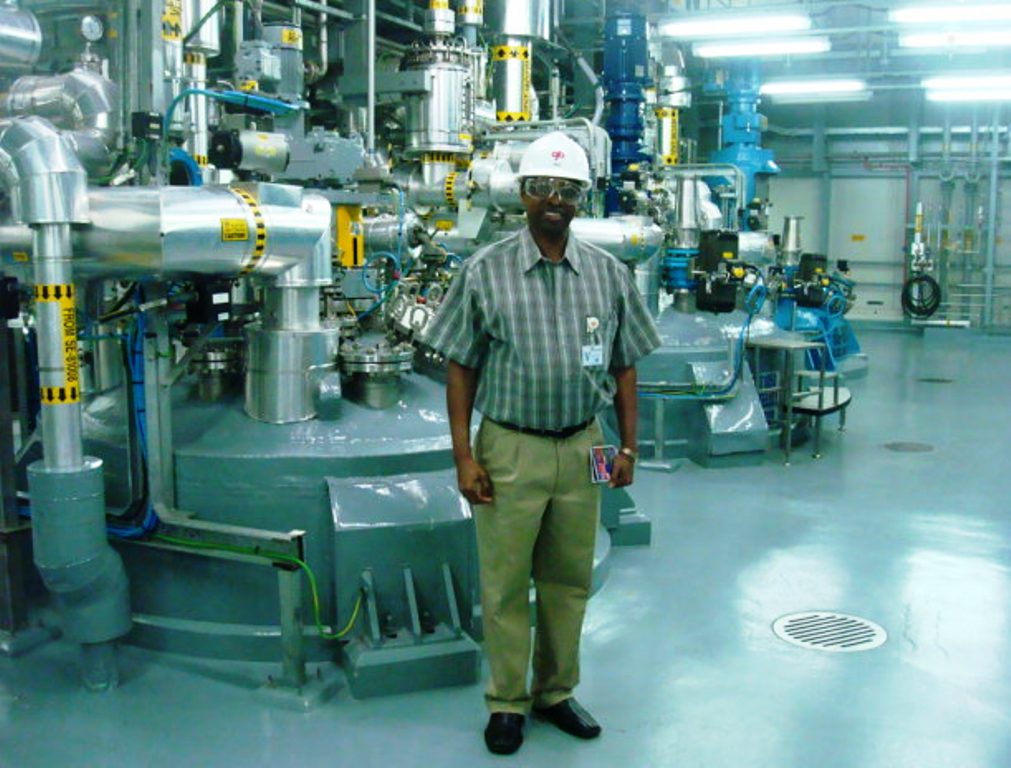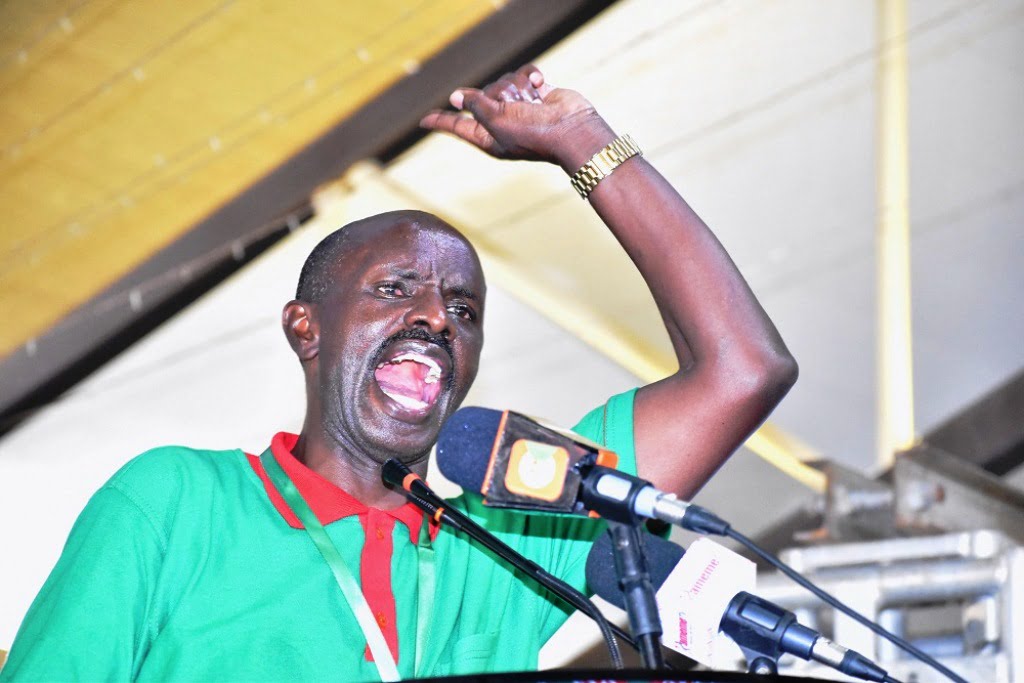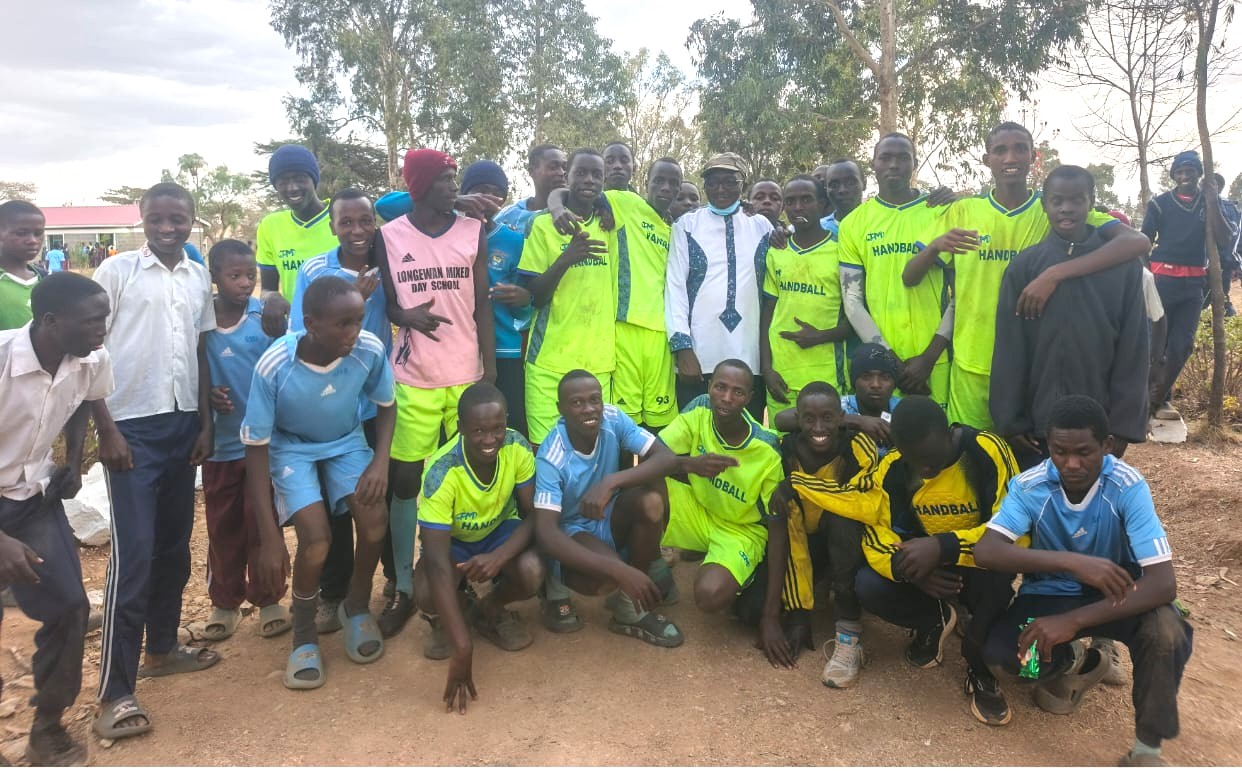Plans are underway to set up multi-billion international medical research hub in Naivasha employing more than 6,500 local and international scientists as well as support staff.
The grand master project dubbed ‘Centre of Africa’s Life Sciences’ (COALS) aims at creating a world-class centre of research in the continent by nurturing growth of biotechnology industry. The idea is to bring together top brains in the medical and academic fields to mitigate future outbreak of diseases.
To be built in Naivasha on a 400-acre piece of land, the project will be a venue for top brains to learn, communicate, innovate and invent great discoveries in life science and other related areas. More than Sh20 billion will be sunk in the project.
Prof. George Njoroge — a renowned Kenyan researcher who has lived in the USA for decades and who in 2011 discovered Victrelis, the first oral protease inhibitor that cured Hepatitis C — is behind the plan. He is the founder and chairman of COALS.
He has worked at Lilly and Company, a top drug manufacturing company in the US, as a research fellow. He has more than 100 US granted patents and 130 publications in peer reviewed journals. “We are giving back to motherland Africa with this project. We also want to establish scientific tourism in Kenya,” he said.
The icon spoke at Thika during the 8th International Interdisciplinary and Inter-Universities Consortium –Africa Conference 2023 which ended yesterday. The conference brought together stakeholders from academia, public and private sectors to discuss strategic research interventions in line with the international conference theme- participatory Leadership, Innovation and Knowledge Transfer.
Mount Kenya University (MKU) and Vincent Pol University of Poland had organised the three –day meeting which ends tomorrow. Other collaborators are Kyambogo University of Uganda, Chukwuemeka Odumegwu Ojukwu University (Nigeria), University of Makeni (Sierra Leone) and Kenya’s University of Eldoret. All five African universities are members of the Inter-University Consortium Africa which is dedicated to the advancement of the theory and practices in knowledge and technological innovation.
Prof Njoroge decried the information gap on medicines and pharmaceutical technology in Africa and called for greater dissemination of scientific information. “There is a huge unmet need for manufacturing of medicines for malaria and others diseases; there is need for research and development to boost health care. Biotechnology and its commercialization offers huge opportunities; this is why we are building an international medical research hub,” he told the attentive delegates.
In a keynote presentation of the day, Prof Njoroge said the directors choose Naivasha because it’s only a one hour drive from Nairobi and has readily available energy. It also offers numerous extra-curricular activities such as golf and wild life sanctuaries.

“Naivasha is ranked as 34th most popular destination for international meeting by International Convention Center Association (ICCA). It has great infrastructure, boosted by the advent of the Standard Gauge Railway (SGR) and it’s very scenic – adorned by the beautiful Lake Naivasha,” he added.
Departments
At least 6,500 jobs will be created in Naivasha from the COAL project. The Hospitality phase will employ 1,000 people in a convention centre that will have a 1,000 delegates capacity and a four star hotel. The Manufacturing component will consist of basic medicine and nutraceuticals (with an herbal unit) targeting 2,000 workers while housing alone (400 satellite units and 500 homes at the innovation village) will create another 500 jobs.
A major department, the Drugs Discovery Research centre involves a University of Life Sciences with 1,000 workers engaged in pharmacy, medicine, research and development. “All these departments will in turn create another 2000 jobs directly and indirectly – in shops, gyms, security systems, gardening and housekeeping, among others,” Prof. Njoroge said.
Advisors
The project with a startup capital of about Sh20 billion has already attracted many pharmaceutical companies, universities and researchers eager to partner.
In the plan, a team of international experts are the directors and advisors spearheading the project. Architectural experts Chris Osore and Henry Njunge; Esther Njoroge, a financial consultant; and Dr Qun Dang, an external collaborator from China are on board. Others are Dr. Srikanth Venkatrama, chemistry director at Atlas, USA and India as well as Prof. Simon Gicharu, chairman and founder, MKU.
The project also lists Olive Mugenda (former Kenyatta University vice chancellor), Richard Mibey (former Moi University VC) and Dr Francis Karanu, a biotechnology expert based in USA as advisors. Others are former Kericho Governor Paul Chepkwony, former Kiambu county deputy governor Gerald Githinji, Francis Karanu, a biotechnology expert, and Jude Onyia, vice president Elli Lilly and Company.
Quoting President Kagame of Rwanda, Prof Njoroge said application of science and technology is fundamental, and indeed indispensable, to the social and economic transformation of our African countries. “We in Africa must either begin to build our scientific and technological training capabilities or remain an impoverished appendage to the global economy … There is no reason to believe that Africa cannot achieve what others have achieved in these fields,” Kagame had said.
“During the coronavirus pandemic, we saw established countries conducting trials and being on the forefront in finding vaccines. Yet we have the top brains here that can fully participate in the process if empowered,” he said.
By James Wakahiu
Get more stories from our website: Education News
You can also follow our social media pages on Twitter: Education News KE and Facebook: Education News Newspaper for timely updates.






